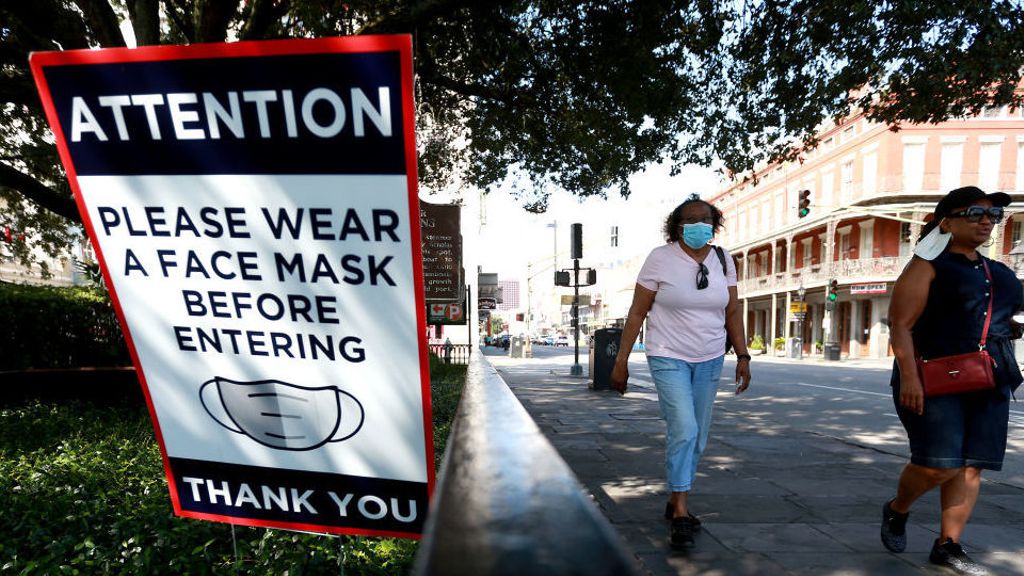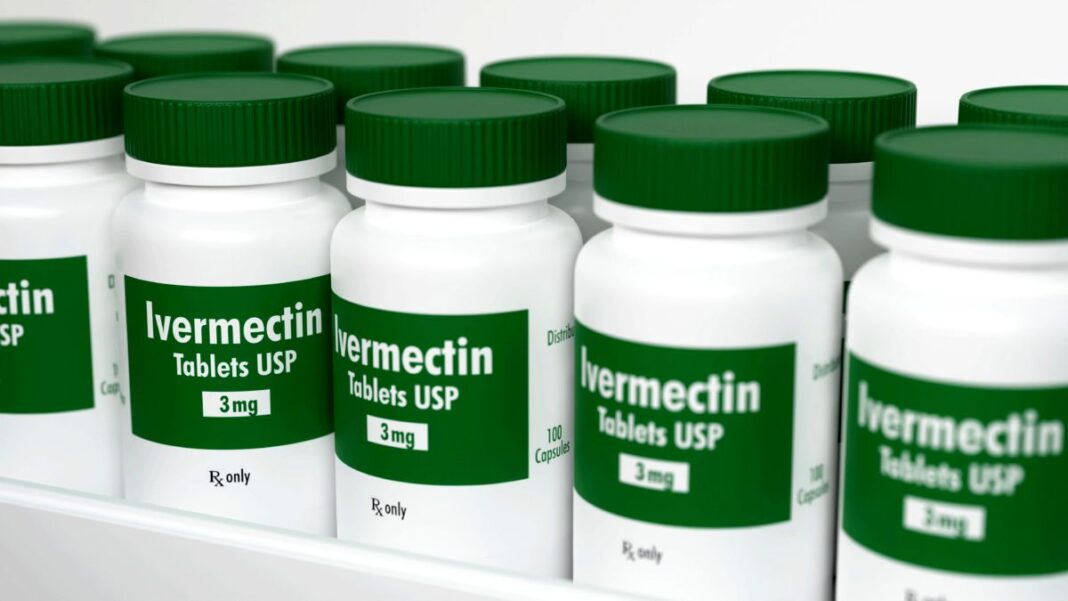GOP lawmakers express strong opposition to possible renewed mandates
Two new studies—one from South Korea via the National Health Institutes (NIH) and the other from Germany—find extended face mask use results in excessive inhalation of Toxic Volatile Organic Compounds (TVOCs) and is linked to chronic headaches, nausea, organ damage, and cancer.
“Measuring the Quantity of Harmful Volatile Organic Compounds Inhaled Through Masks” was published in April and more recently shared by NIH. The analysis was conducted by researchers from Jeonbuk National University in South Korea, who focused particular attention on the KN94, which is equivalent to the U.S. KN95 face masks.
“The Environmental Protection Agency (EPA) recommends keeping TVOC levels below 0.5 parts per million in indoor air. The mask sample with the highest amount of TVOCs had 4,808 cubic meters per microgram, which is about 4.8 parts per million. That means more than eight times the recommended limit,” Liberty Counsel (LC), quoting the study, said in an Aug. 30 statement.
“According to the American Lung Association, TVOCs have been shown to irritate the eyes, nose, and throat, cause difficulty breathing and nausea, and damage the central nervous system and organs like the liver. Other types of products that release TVOCs are paint, caulks, cleaners/disinfectants, pesticides, and even tobacco smoke,” the LC statement continued.
The LC is a Florida-based non-profit religious liberty public interest law firm that has been deeply involved in litigation against mandatory Coronavirus injections for members of the U.S. military, as well as in opposition to mask mandates.
The LC pointed to the South Korean study, the authors of which cautioned that “it is clear that particular attention must be paid to the VOCs associated with the use of KF94 masks [and] their effects on human health. Based on our findings, we suggest that prior to wearing a KF94 mask, each product should be opened and not worn for at least 30 min, thereby reducing TVOC concentrations to levels that will not impair human health.” The authors also recommended that additional studies be conducted on the issue.







